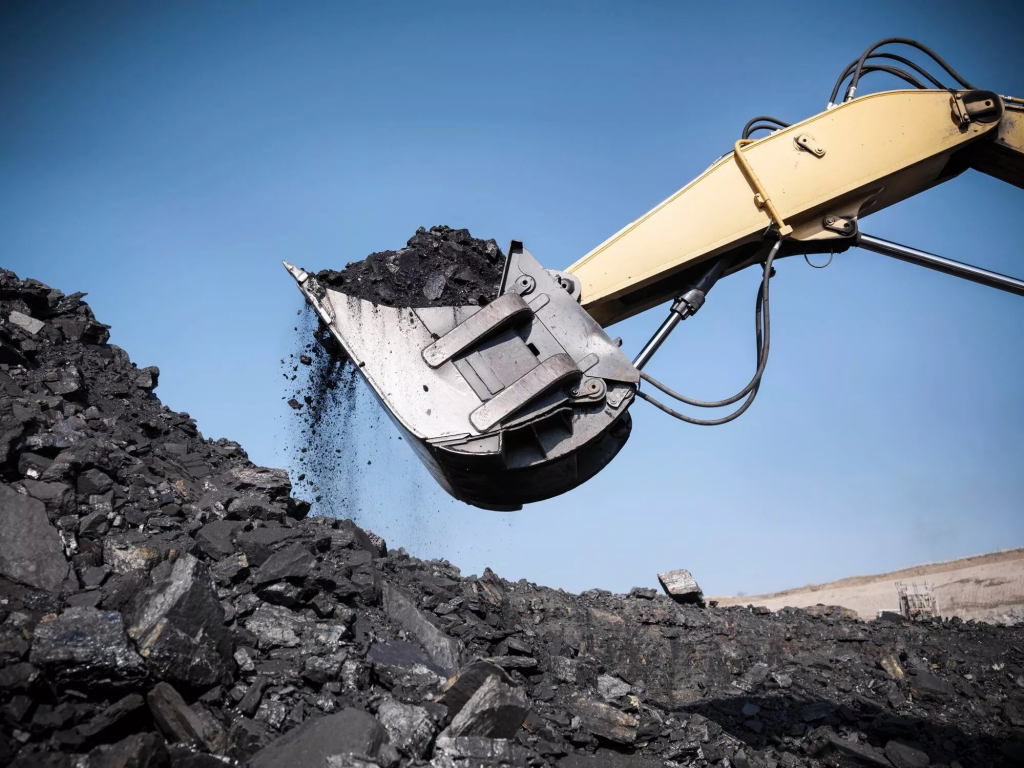The U.K. has approved its first coal mine in 30 years, despite climate concerns. The British government approved the move on Wednesday, Dec. 7, 2022, just one year after it hosted the major climate summit, COP26, reported the BBC.
The mine is located near Whitehaven in Cumbria and will take two years to build. It is slated to produce around 2.8 tonnes of coking coal per year, according to the Washington Post.
Coke making is extremely detrimental to the environment as the hydrocarbons released during the coking process are hazardous.

The U.S. Energy Information Administration estimated (as of Oct. 2022) that in 2021, CO2 emissions from burning coal for energy made up about 20 percent of total U.S. energy-related CO2 emissions, and for nearly 60 percent of total CO2 emissions from the electric power sector.
Burning coal gives off gases like sulfur dioxide, which contributes to acid rain and respiratory illnesses, nitrogen oxides, which contribute to smog and respiratory illnesses, and carbon dioxide, which is the primary greenhouse gas produced from burning fossil fuels.
The government stated that nearly 80 percent of the coal would be exported to mainland Europe and that over 500 regional jobs would be created due to the mine.
Nicolas Stern, a climate expert at the London School of Economics, told the Washington Post that opening a coal mine in the U.K. now is “a serious mistake.”
“Environmentally, it is adding to world supply and thus consumption of coal and releasing greenhouse gases, when there is an urgent need to reduce them,” Stern explained.

Lord Deben, chairman of the Climate Change Committee (UKCCC), described the proposal to the BBC as “absolutely indefensible” and said the approval of the coal mine would negatively influence the U.K.’s stance on climate change.
On the contrary, the department for Levelling Up, Housing and Communities said the decision was consistent with the government’s policies on eradicating carbon emissions. It said in a statement, “The mine seeks to be net zero in its operations and is expected to contribute to local employment and the wider economy.”


